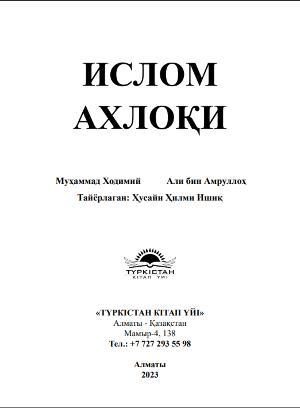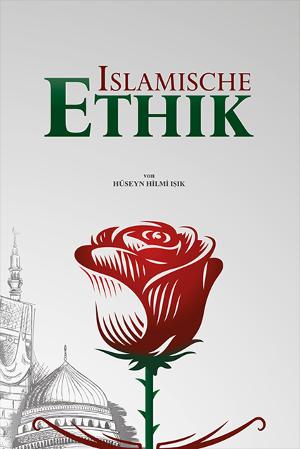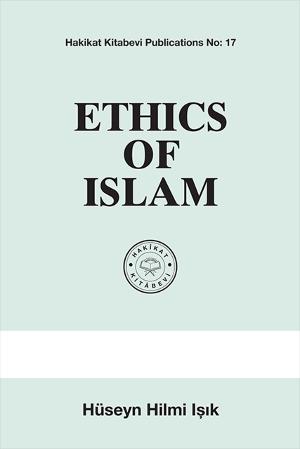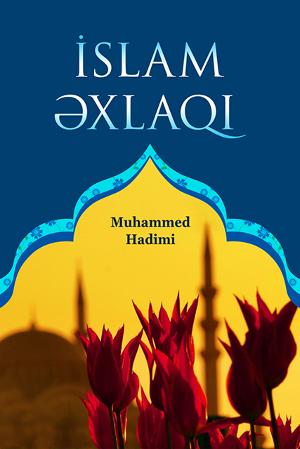
Ali bin Emrullah
One of the most famous Ottoman scholars. He was a scholar of Quranic exegesis (tafsir), hadith, and Islamic jurisprudence (fiqh). His grandfather Abdülkâdir Hâmidî was called Kınalı-zâde (Son of the Henna-User) because he was famous for using henna on his beard. Abdülkâdir Hâmidî was one of the teachers of Sultan Mehmed the Conqueror. Ali bin Emrullah was born in Isparta in 916 (1516 CE). He died in Edirne in 979 (1571 CE). He served as a judge (qadi) and military judge (qadi asker) in various cities of Anatolia and Rumelia. Kınalı-zâde Ali Efendi began his initial education by taking lessons from his relative Kadri Efendi. Then he went to Istanbul, where he studied under Professor Sinan at Mahmud Pasha Madrasa, under Merhaba Efendi at Atik Ali Pasha, and later under Kul Salih Efendi at the Sahn-ı Semân Madrasa. He memorized the Holy Quran and many noble hadiths. He was a master in the art of calligraphy and possessed effective oratory skills and superior memory. After completing his education perfectly, he was appointed by Shaykh al-Islam Ebussuud Efendi to the Husamiye Madrasa in Edirne. Later, he served as a professor at Hamzabey Madrasa in Bursa, Rustem Pasha Madrasa in Kütahya, various madrasas in Istanbul, and Süleymaniye Madrasa. After these positions, he served as judge of Damascus, Cairo, and Bursa, judge of Istanbul in 978 (1570), and military judge of Anatolia in 979 (1571). He was unparalleled in Arabic and Persian literature, Quranic exegesis, and hadith studies. Those who had difficulty understanding exegetical texts would consult him to resolve their problems. During his service in Damascus and Egypt, the Arab scholars he met also recognized this man's deep knowledge of Arabic and consulted him to benefit from his learning, praising the excellence of his scholarship. He had profound knowledge in Arabic, Persian, and Ottoman Turkish, wrote poetry in these languages, and his poems were collected in a divan. His son Hasan Çelebi relates the following incident about his father in his work "Tezkiretrüş-şuarâ" (Biographies of Poets): "One day they went to a garden to rest with his friends. There, one of his companions showed the book 'Baharistan' and asked: 'Ali Efendi, have you read this book?' He replied: 'I have it all memorized.' They said: 'Then read it.' When he recited the poems and stories in the book to the end, his companions were amazed and admired this." Kınalı-zâde Ali Efendi was also well-educated in natural sciences and wisdom. He also studied philosophy but was not influenced by the corrupt ideas of philosophers. He worked on moral science, examined the works written on this subject, and wrote Islamic ethics in a fundamental way. Ali Efendi, who wrote valuable works and conducted scholarly studies, died in Edirne on the sixth day of the month of Ramadan in 979 (1571). A large congregation, led by scholars, attended his funeral prayer. After the funeral prayer was performed at Câmi-i Atîk (Old Mosque), he was buried in the cemetery famous as "Vaki Nâzır" on the Edirne-Istanbul road.





